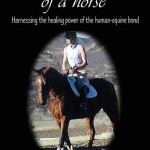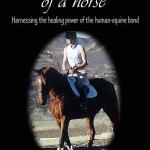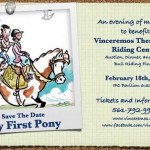
Loxahatchee, FL – March 10, 2011 – Vinceremos Therapeutic Riding Center has played a part in the recovery of Olympic Dressage rider, Courtney King Dye. Last March a tragic accident left King Dye with a brain injury unable to remember, walk, or speak. After months of therapy and with the help of the program and horses at Vinceremos Therapeutic Riding Center, King Dye is on the road to success. Vinceremos, however, is only one part of the incredible team that has helped with her recovery as Arlene White and Stacey Brown have also played tremendous roles in this remarkable story.
CBS12 acknowledged Vinceremos Therapeutic Riding Center on February 25, 2011 for their part in the success of King Dye’s recovery. The segment featured Vinceremos’ work with King Dye including statements from King Dye about her recovery. Since she was able to start therapy King Dye has devoted hours a day to her recovery. She is determined to return as a champion and her goal is to once again compete. She is counting on the animal she loves to help her make a full recovery. Vinceremos Therapeutic Riding Center has been helping her achieve these results and hopes to see her achieve these goals. King Dye uses all her strength for hippotherapy at Vinceremos Therapeutic Riding Center.








